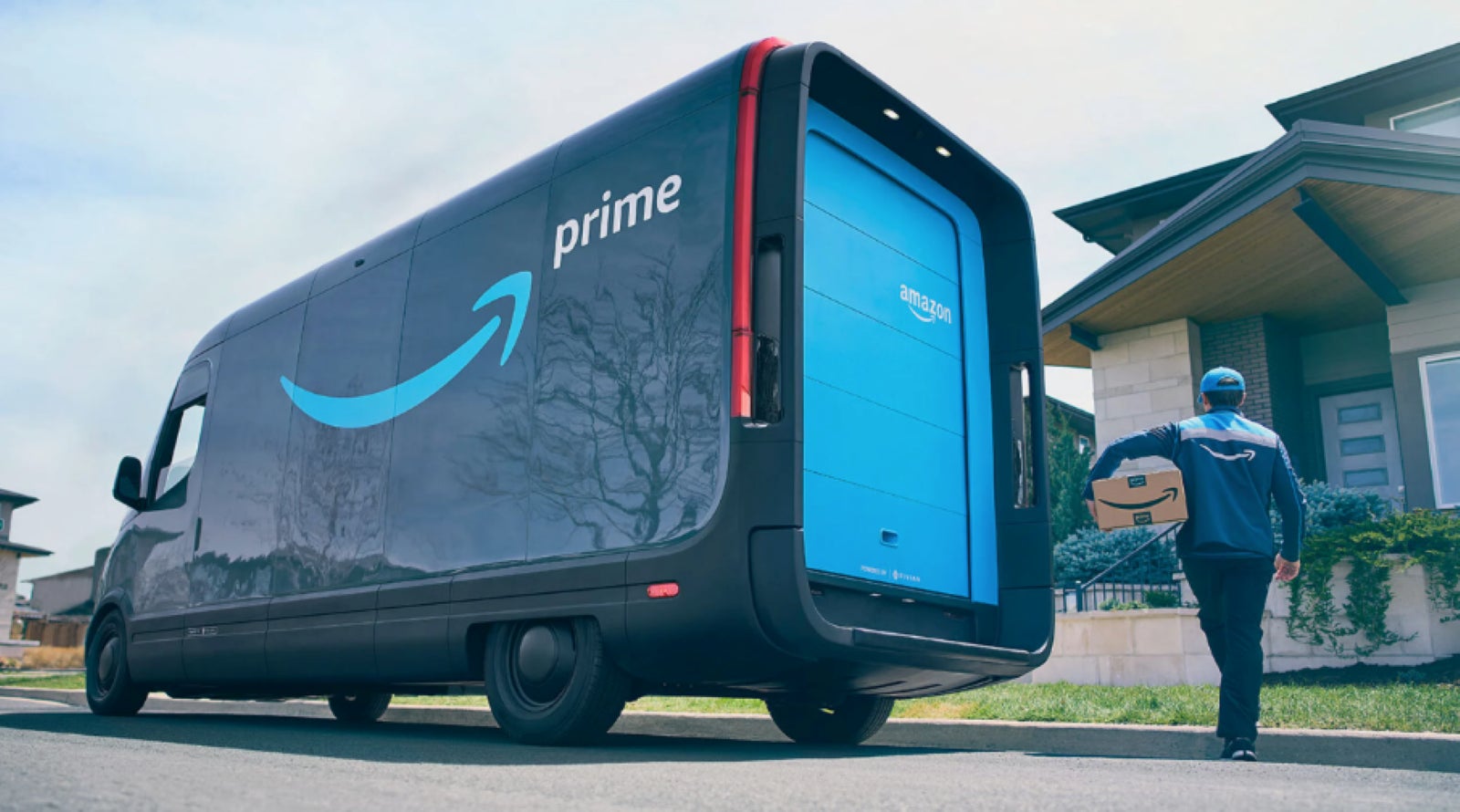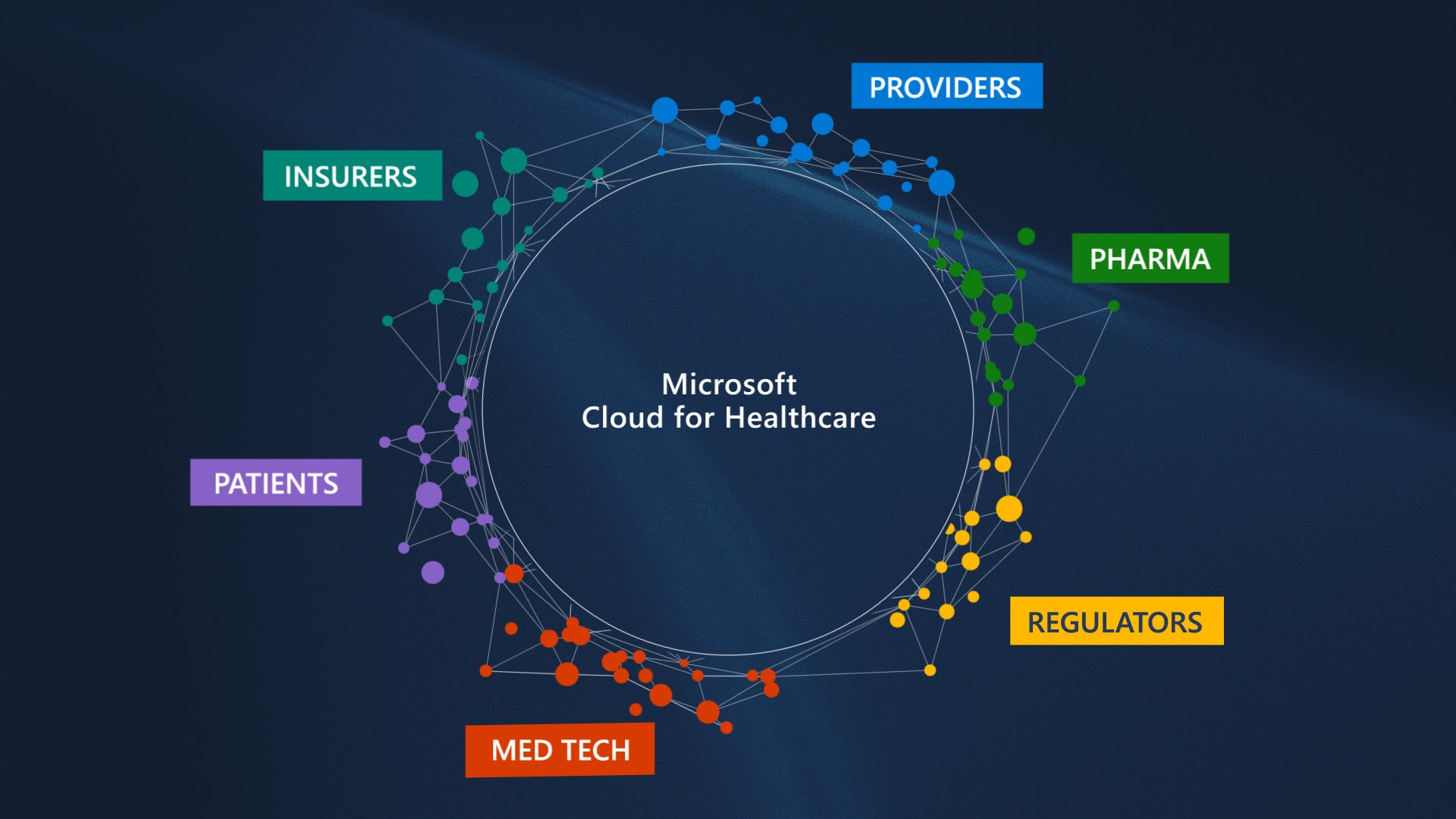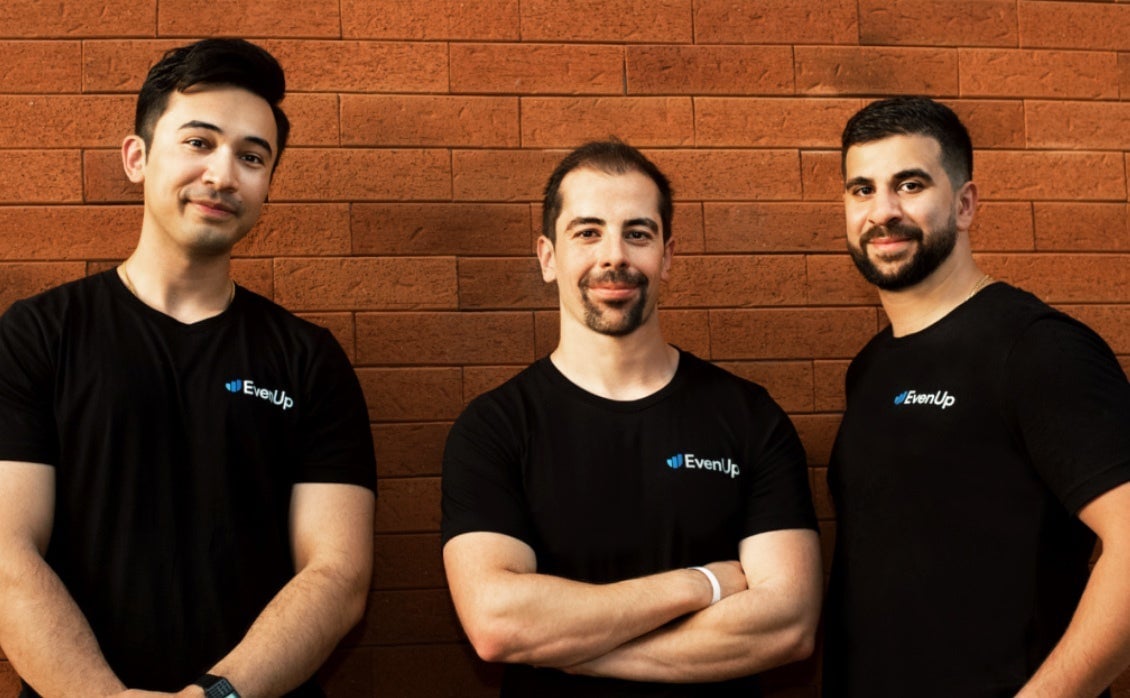Amazon's AI for delivery, Microsoft's healthcare agents, and Writer's model: The week in new AI launches
Plus, Nvidia said its inaugural AI hubs are coming to Pittsburgh

Each week, Quartz rounds up product launches, updates, and funding news from artificial intelligence-focused startups and companies.
Here’s what’s going on this week in the ever-evolving AI industry.
2 / 8
Amazon adds AI tech in delivery vans

Amazon (AMZN) is adding AI-powered tech to delivery vans so delivery drivers can cut down time looking for packages at each stop. The company said this week it is deploying 1,000 electric delivery vans equipped with AI-powered Vision-Assisted Package Retrieval (VAPR) by early 2025.
The VAPR tool will automatically show packages for each delivery stop by projecting a green “O” once the van arrives at the address, and project a red “X” on other packages. The device also uses an audio and visual cue to alert the delivery driver when it has found all the packages for the stop.
A group within the Amazon Transportation team has been piloting VAPR since 2020.
3 / 8
Microsoft adds AI capabilities to help healthcare workers

Microsoft (MSFT) announced new healthcare data capabilities and AI models that are focused on healthcare workers this week.
The company launched new multimodal medical imaging AI models in its Azure AI Studio, which “enable healthcare organizations to integrate and analyze diverse data types — ranging from medical imaging to genomics and clinical records,” Microsoft said.
It also announced a public preview of its healthcare agent service in Copilot Studio, where healthcare workers can build AI agents for tasks such as appointment scheduling and clinical trial matching.
And Microsoft shared an update on its collaboration with healthcare organizations, announcing an AI solution for nurses to address documentation tasks so they can “focus less on paperwork and more on their patients.”
Microsoft also said it launched new capabilities in its healthcare data solutions AI-powered platform in Microsoft Fabric.
4 / 8
Nvidia’s inaugural AI Tech Community

Nvidia (NVDA) announced this week that it is launching joint technology centers at Carnegie Mellon University and the University of Pittsburgh as part of a new initiative called AI Tech Community.
Through the “Joint Center with Carnegie Mellon University for Robotics, Autonomy, and AI,” faculty, students, and researchers in higher-education will be provided with new tech and “boost innovation in the fields of AI and robotics,” Nvidia said.
The Joint Center with the University of Pittsburgh for AI and Intelligent Systems will explore computational opportunities in the health sciences field, such as applying AI to clinical medicine and biomanufacturing, according to the chipmaker.
5 / 8
Writer’s new model, Palmyra X 004

Writer, an AI startup focused on enterprises, launched a “top-ranking” large language model (LLM) this week called Palmyra X 004. The model, which will compete with enterprise models from OpenAI and Anthropic, “boasts state-of-the-art reasoning through novel training techniques and a suite of powerful new features and capabilities,” the company said.
Palmyra X 004 is part of Writer’s enterprise-grade LLM family called Palmyra. The model family can support over 30 languages and multi-modal inputs such as images, audio, and video.
“This new model has been benchmarked against models on Berkeley’s Tool Calling Leaderboard and early results show it leads by a significant margin, outperforming model providers including OpenAI, Anthropic, Meta (META), and Google (GOOGL),” Writer said.
6 / 8
AI startup Infactory raises $4 million seed

Infactory, a startup building an AI fact-checking platform, announced this week that it raised a $4 million seed round, putting it in the top 1% of seed funding. The funding round, which was led by Bee Partners and included Andreessen Horowitz’s Scout Fund, valued Infactory at $25 million.
The platform “combines innovative software with high-quality data to address the accuracy challenges faced by current AI services and hardware products,” according to Infactory. The company aims to license the platform to developers building AI applications, as well as journalists, educators, and consultants.
“At Infactory, we’re not just riding the AI hype wave, we are at the forefront of it,” Brooke Hartley Moy, co-founder and chief executive of Infactory, said in a statement. Infactory also counts former Apple (AAPL) software engineer Ken Kocienda as co-founder and chief technology officer, and Felipe Abello as co-founder and chief operating officer.
7 / 8
Legal AI startup EvenUp raises $135 million Series D

EvenUp, an AI startup focused on personal injury AI and document generation, announced this week that it raised a $135 million Series D funding round, leading to a valuation over $1 billion, per a press release. The round was led by Bain Capital Ventures, and brings EvenUp’s total funding to $235 million.
The startup’s Claims Intelligence Platform is powered by its AI model called Piai. The model was “trained on hundreds of thousands of injury cases, millions of medical records and visits, and internal legal expertise,” according to the startup.
“At EvenUp, we’re committed to revolutionizing the personal injury sector in the U.S,” Rami Karabibar, EvenUp co-founder and chief executive, told Quartz. “With our Series D, we’re dedicated to driving further innovation by bringing new products and features to market to strengthen our leadership position in legal-focused generative AI.”
EvenUp is “fully dedicated to supporting our customers by freeing up their time in routine tasks, allowing them to focus more on what truly matters—their clients,” Karabibar said.
The company says over 1,000 law firms have used its platform to claim over $1.5 billion in damages.
8 / 8
Colossyan’s new Instant Avatar feature

Colossyan, an AI video platform for workplace learning, released its new Instant Avatar feature that can generate “lifelike” digital representations of users in seconds. The tool uses less than a minute of video footage to generate the avatars.
The company is “removing the barriers to producing professional-grade, multilingual video content,” Dominik Mate Kovacs, founder and chief executive of Colossyan, said in a statement. “This advancement opens AI video up to so many new use cases, allowing users to create engaging and personal videos that are both authentic and easily scalable.”
The avatars can lip-sync and translate scripts in over 70 languages. The startup said it implemented security measures, such as age detection and a celebrity security feature, to prevent users from generating avatars of minors and public figures. The platform also has script moderation to prevent using avatars for content deemed violent or inappropriate.